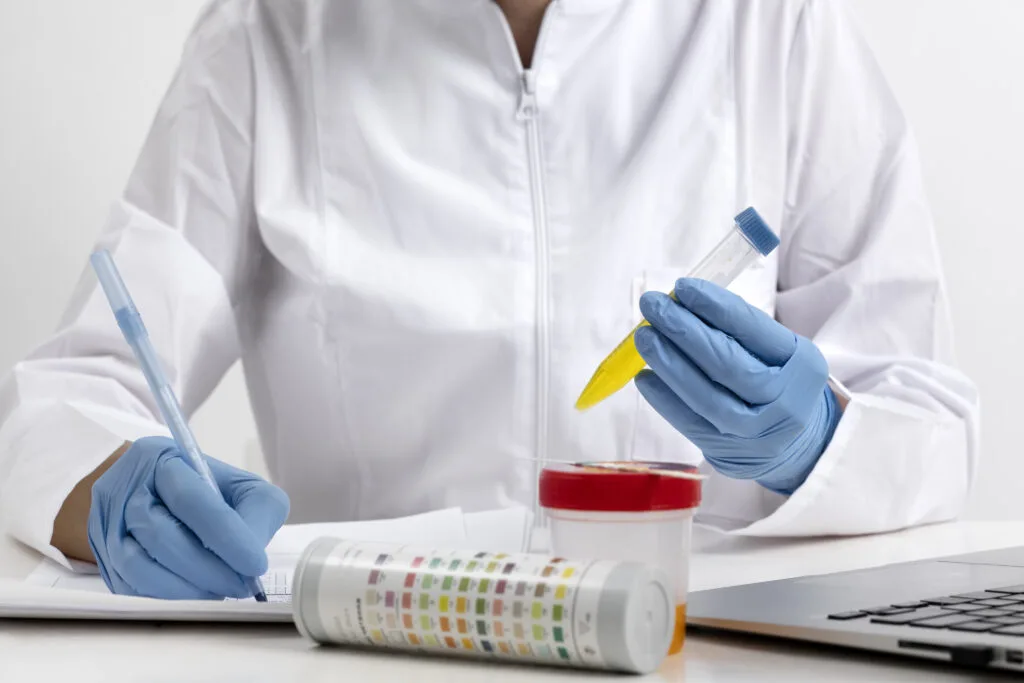Electrolyte and Fluid Imbalance

About Electrolyte and Fluid Imbalance
Electrolyte and fluid imbalances can disrupt the body’s normal physiological functions and require careful management. At our facility, we address these imbalances with a combination of state-of-the-art diagnostic tools and tailored treatment protocols. Whether it’s an excess or deficit of crucial elements like sodium, potassium, or calcium, or variations in fluid volume, our team is equipped to swiftly identify and correct these discrepancies. Proper education on dietary and medication factors that can influence balance is also provided. By closely monitoring and promptly addressing these imbalances, we ensure patients maintain optimal bodily functions and overall well-being.
Health Tips & Info
Managing electrolyte and fluid imbalances starts with recognizing the importance of balance in maintaining vital bodily functions. Stay hydrated by drinking an appropriate amount of water daily, but be cautious with extreme intake variations, especially if you have kidney issues. Monitor your diet for foods high in sodium, potassium, or calcium, adjusting intake based on your specific imbalance. Limit diuretic substances like caffeine and alcohol, which can exacerbate fluid imbalances. When prescribed medications, inquire about potential effects on electrolytes. Regular blood tests can track any imbalances. If symptoms like muscle twitching, fatigue, or palpitations arise, seek medical attention promptly, as they may indicate an electrolyte disturbance.
Nephrology
Contact Us
- 1329 W Walnut Hill Lane Suite 120, Irving, Texas, 75038
- 469-842-1760
- info@udialysis.com
- 469-929-2869
Attentive, Compassionate Care For Every Patient.
Address
1329 W Walnut Hill Lane Suite 120, Irving, Texas, 75038
Phone
469-842-1760
info@udialysis.com
Fax
469-929-2869
Internal Medicine
Internal Medicine is a vast field in medicine that deals with the prevention, diagnosis, and treatment of adult diseases.
Nephrology
Nephrology is a subspecialty of internal medicine that focuses on the diagnosis, treatment, and management of diseases and conditions related to the kidneys.
contact Us
- 1329 W Walnut Hill Lane Suite 120, Irving, Texas, 75038
- 469-842-1760
- info@udialysis.com
- 469-929-2869
Internal Medicine
- Routine Check-ups and Physical Exams
- Diagnosis and Management of Chronic Conditions
- Vaccinations and Immunizations
- Treatment of Acute Illnesses
- Medication Management and Prescription refills
- Health Screenings and Preventive Care
- Lifestyle Counseling
- Management of Minor Injuries
- Specialists Referrals
- Health Education and Patient Counseling

